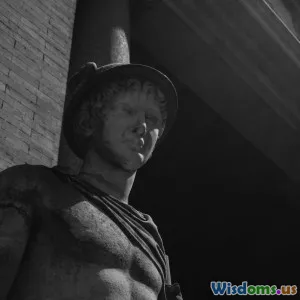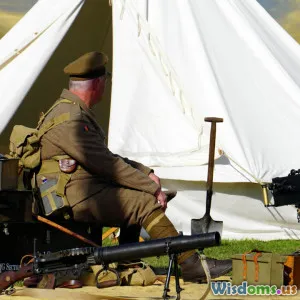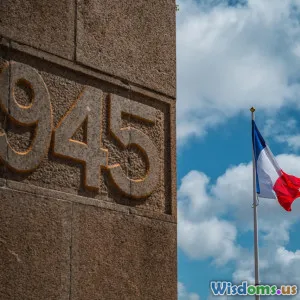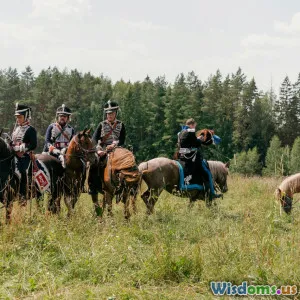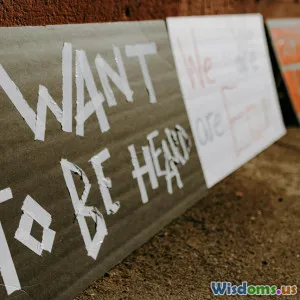
The History and Impact of Secret Societies
5 min read Explore the fascinating world of secret societies and their influence throughout history. (0 Reviews)
The History and Impact of Secret Societies
Secret societies have long captivated the imagination, often shrouded in mystery and intrigue. From the ancient world to modern times, these clandestine organizations have played significant roles in shaping political landscapes, cultural movements, and social norms. In this article, we will explore the history of secret societies, their impact on society, and why they continue to fascinate us today.
Origins and Evolution of Secret Societies
The origins of secret societies can be traced back to ancient civilizations. The Mystery Schools of ancient Egypt and Greece, for instance, were among the first organizations that practiced secrecy in their rituals and teachings. These schools taught esoteric knowledge and initiated members into hidden truths about life, death, and the cosmos.
As societies evolved, so did the concept of secret societies. In the Middle Ages, groups like the Knights Templar emerged, combining religious fervor with a military agenda. Their mysterious nature and eventual downfall fueled legends and conspiracy theories that continue to this day.
The Role of Secret Societies in Politics
One of the most significant impacts of secret societies has been in the realm of politics. Organizations such as the Freemasons and the Illuminati have been accused of manipulating political events behind the scenes. The Freemasons, founded in the late 16th to early 17th century, promoted enlightenment ideals and fostered connections among influential figures, including politicians, artists, and scientists. Their emphasis on brotherhood and philanthropy often masked their political ambitions.
The Illuminati, established in 1776, aimed to promote rational thought and secularism. Though it was short-lived, it became the subject of numerous conspiracy theories, associating it with various global events and movements. This association has persisted, leading many to believe that secret societies wield considerable influence over world affairs.
Cultural Impact of Secret Societies
Secret societies have also significantly impacted culture and social norms. For example, the Skull and Bones society at Yale University has produced numerous influential leaders, including several U.S. presidents. The society's rituals and exclusivity have sparked discussions about elitism and privilege in education.
Moreover, secret societies have inspired countless works of literature and film, from Dan Brown's novels to popular movies that incorporate themes of conspiracy and hidden knowledge. This cultural representation often feeds into the public's fascination with the unknown and the potentially nefarious activities of these groups.
Modern Day Secret Societies
In contemporary society, the allure of secret societies remains strong. Groups such as the Bilderberg Group and Council on Foreign Relations continue to attract attention, primarily due to their closed-door meetings and the perception that they influence global policy. The internet has facilitated the spread of information and misinformation about these groups, leading to a blend of legitimate inquiry and wild conspiracy theories.
Additionally, newer organizations like the Order of the Eastern Star and various social clubs continue to embody the principles of fraternity, philanthropy, and community service, showing that not all secret societies have a nefarious agenda.
Conclusion
The history and impact of secret societies are complex and multifaceted. While some societies have indeed played pivotal roles in political machinations and cultural shifts, others have simply provided a platform for camaraderie and shared values among members. As we continue to navigate an increasingly interconnected world, the intrigue surrounding these clandestine organizations persists, reminding us of the fine line between secrecy, power, and community. Understanding their history can provide valuable insights into contemporary society and the hidden forces that shape our world.
Rate the Post
User Reviews
Popular Posts















